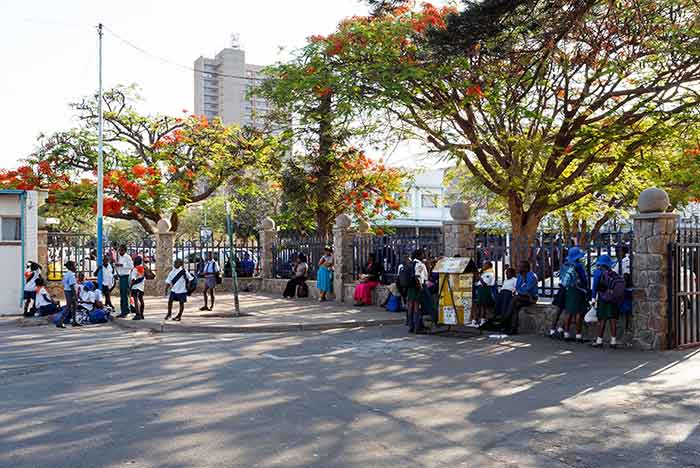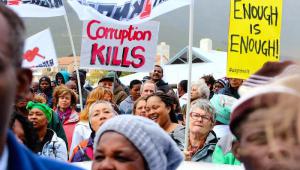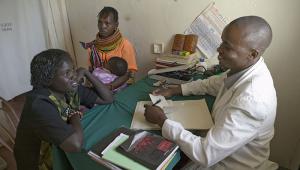web_zimbabweschool_shutterstock_279503561.jpg

Zimbabwe's schools were among the services affected by yesterday's strike of public sector workers, who were protesting about delays to their salary.
The mass action follows Monday’s violent protests, the first in the country since 2005, and a strike by government workers yesterday over unpaid wages.
Teachers, civil servants doctors and nurses made up the bulk of those refusing to work after going more than a month without pay as the government struggles to gather cash following a chronic drought and years of economic strife.
Now activists, acting under the banner of a social movement called #ThisFlag, have called for citizens nationwide to stay at home and “shut down the country”.
German broadcaster Deutsche Welle reports that the country’s capital Harare was turned into a ghost town today as residents heeded the call.
Speaking to DW, the founder of #ThisFlag, Evan Mawarie said: “As far as we can see, there is a huge response. Nobody is exempt from the shortages of cash, dilapidated health services sector, no one is exempt from the corruption that has brought our country to its knees.”
He highlighted $15bn missing from the public purse after diamonds were allegedly looted in the eastern mining area of Marange.
Zimbabwe’s government coffers were already stretched after years of economic decline and this year’s drought, induced by the cyclical weather pattern El Niño, which has wreaked havoc across the continent and the world.
Wages account for 82% of government expenditure, and chronic cash shortages have meant doctors’ and teachers’ June salary payments have been suspended until July 14 and July 17 respectively.
Reuters reports that the June salaries of army and security services were also delayed by two weeks.
Zimbabwe hasn’t benefited from finance from the International Monetary Fund or other traditional, international creditors since 1999 due to a build up of arrears, barring the country from receiving further support.
It owes $1.8bn in outstanding payments to the IMF, African Development Bank and World Bank and its overall debt amounts to more than $7bn – almost half of the country’s GDP.
While cash flow problems had sparked a number of small protests across the country in recent weeks, Monday’s were the first to turn violent in over a decade.
Police used teargas and water cannons to break up protesting taxi drivers who had set up barricades in Harare to protest against police harassment and bribes at roadblocks.
The country’s long-serving president, 92-year-old Robert Mugabe, has said he will stand in presidential elections again in 2018. However his old age, reported ill health and widespread discontent fuel speculation his decades in office may soon come to an end.
Mugabe has refused to unleash his grip on power since the 1980s, despite electoral defeat.
In April, the country’s opposition successfully mounted the biggest anti-Mugabe protest in decades – an action that in the past would have been brutally crushed by security forces.













